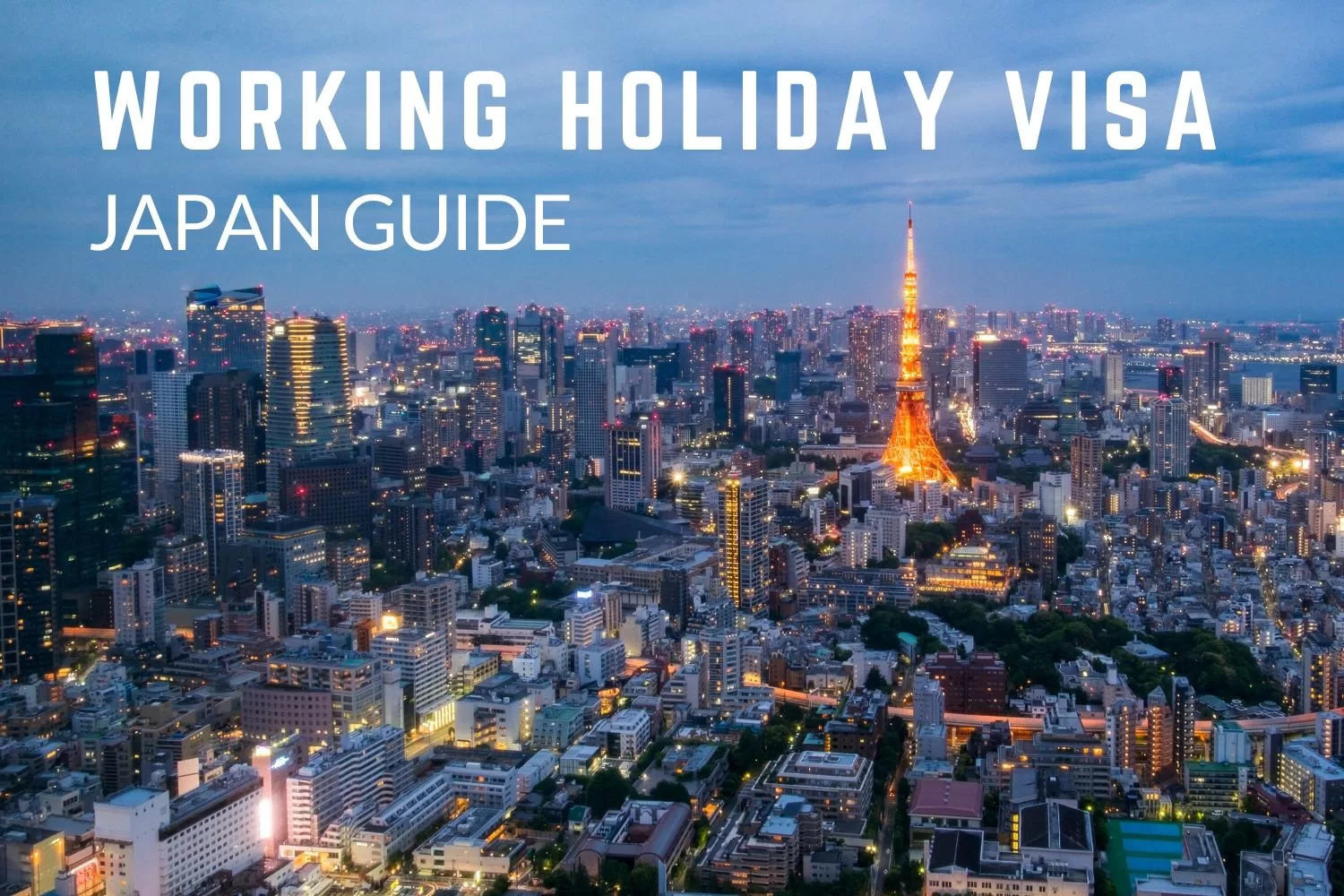
Not sure whether you’re ready to live abroad? This post may help you come to a decision. After nearly three years living abroad, we explain the good and the bad about life overseas.
Before we jump into this post I want to give you guys a little back story to provide some context on why our thoughts on living abroad might matter to you. If you know our story already you can skip ahead a couple of paragraphs.
The backstory
Back in 2015, both Sarah and I had been living in London for around 3 years. At the time we worked full-time jobs which, frankly, neither of us particularly enjoyed (that is putting it lightly). We eventually decided we were letting our dreams slip away and so refocused our attention on the thing we loved the most, travel.
But having not saved up money prior, we were stumped as to how we were going to make it happen. Then came our idea of simply relocating abroad as this meant we could still find a job if we needed the income but at the same time could still enjoy exploring a different place. We eventually decided on living in Hong Kong where we stayed from late 2015 to 2018 and are now currently based in Japan. You can find a more thorough background story over on our about us page.
With that out of the way, let’s get started on the good and the bad about living abroad. Note that these points are based on our own personal experiences and thoughts and your experience and someone else’s may differ.
Living abroad: the good
The ability to travel deeper
When I say travel deeper, I’m referring to exploring and experiencing a destination more than just ticking off the tourist and Instagram spots. It’s about understanding what the local culture is, finding the off-beaten-path and creating impactful memories you can treasure.
Living abroad gives you the opportunity to travel deeper because you are typically spending an extended amount of time in the location. Everyone tends to start with the most touristy activities e.g. visiting the landmarks, going to the museum, eating the famous food etc., but as time goes on, you’ll start to scratch deeper and deeper, and begin to find more meaningful experiences. This is not to say taking that selfie at an iconic landmark won’t give you a similar satisfaction, but it likely won’t be the thing you remember when it comes to telling stories of your travels many years later down the line.

Challenge yourself
I know, it’s so cliche. But there’s a reason why everyone that lives abroad or goes travelling says challenging yourself is one of the biggest reasons to do it; because it’s absolutely true. Throwing yourself into any new environment forces you to embrace uncertainty – why the hell would you want that? Well, it’s because you can grow as a person. A challenge is what facilitates growth as it allows someone to test where they’re currently at and if they’re not good enough, well that’s a clear indication to be better.
My own example was challenging myself to grow my confidence. I’m very much an introvert and grew up most of my life with a shy personality afraid of what others thought of me. Anyone who has experienced Hong Kong would know that being shy and quiet are two personality traits which don’t get you very far. The new environment challenged me to be confident in my choices and not to be afraid to take action because if I don’t do it, someone else will.
You don’t have to be rich
The two points above aren’t strictly related to living abroad. In fact, long-term travelling will also give you the same opportunities. But with long-term travelling you tend to need a substantial amount of money to do it. Now, we know not all travel has to be expensive (we’re advocates of budget travelling ourselves), but you still need money saved up if you’re going to live with no income and are going to spend on things such as accommodation, transport and food. By living abroad, meaning based in a new place, it gives you an option to go out and look for a job if you need it. This practically means you don’t need any money saved up to make the leap, you just need to find a job before you set off.
We personally brought £1,000 each when we moved to Hong Kong as we thought it would be easier to find a job once we arrived (which was true), the money served as a safety net in case it took longer for us to find a job. How much you need depends on a number of factors such as what country you’re going to, what your living circumstances will be, how employable you are and your personal spending habits.
It goes without saying that we’re excluding those whose work is location independent and can work anywhere as long as they have an internet connection.
Become part of the community
This has been hands down the greatest part about living abroad. We may be a little biased as one of the reasons we chose to live in Hong Kong was because we wanted to discover our family roots and experience the community they grew up in. Having said this, we firmly believe being part of a local community with a completely different culture to your own can bring so much value and joy. Living abroad has given us the opportunity to make many new friends from different walks of life – more so than we would have done staying in the UK. As a result, we have become more empathetic and understanding of differences between cultures – something we believe will help tackle prejudice and racism across the world.
Living abroad: the bad
Saying goodbye
Living abroad has meant we have had to leave behind many of our loved ones and miss many important events back in the UK – weddings and births of new family members are the first which come to mind. Obviously, you can fly back for these special occasions but how many can you go to, do you go to one and not the other? And does your budget even permit you flying back and forth so much? These are questions you will need to answer yourself.
What has made things easier for us is that we now live in an era where it’s possible to connect to the internet and see your loved ones through the phone. Here’s a fun fact, the last two weddings I attended were both over a video Skype call. Yes, it’s not quite the same as being in the same room but it’s much better than no connection.
Also, having walked a similar path when he immigrated to the UK, I looked towards my dad for guidance and learnt a very valuable lesson. What I saw was that although he hardly had any face to face time with his own parents (two weeks altogether in three years), he made each minute of those two weeks count. He was present and connected. His two weeks were more valuable than some people’s relationship with their parents even though they live together. It’s not about the quantity, it’s the quality of time you spend together.
Language barrier
If you’ve travelled to a country which doesn’t speak your native language, it’s likely you’ve experienced difficulties communicating due to a language barrier, well think about what that would be like if you had to go through it every day of your life.
There’s no denying that native English speakers (like me) tend to take the skill of language for granted. Many countries which don’t have English as an official language still have residents who can speak English fluently but if you venture out of the capital or tourist destinations then you’re going to be in for a shock.
There’s really no two ways about it, you’re going to have to learn the language. Sure, you can choose a country where English is widely spoken such as Hong Kong or Singapore, but you’re never really going to be able to become part of the community – this can feel alienating at times.
Life will be harder
A very general statement but for most this will be true, why? Because you’re going to be in a new environment with new challenges and unlikely to have any friends or family to rely on. This doesn’t mean your life won’t get easier, but you have to be willing to tough it out for a while before you can reap the benefits, this is true with anything in life.
As I said earlier, new challenges can be great, the problem only arises when we don’t rise up to the challenge. Anyone looking for a safe and easy path is looking in the wrong place.
I hope you guys enjoyed this post and if you want to see more of our photography work go check out our Instagram



 Hello, we’re Eric and Sarah – a couple of travel photographers and creatives from the UK.
Hello, we’re Eric and Sarah – a couple of travel photographers and creatives from the UK.
